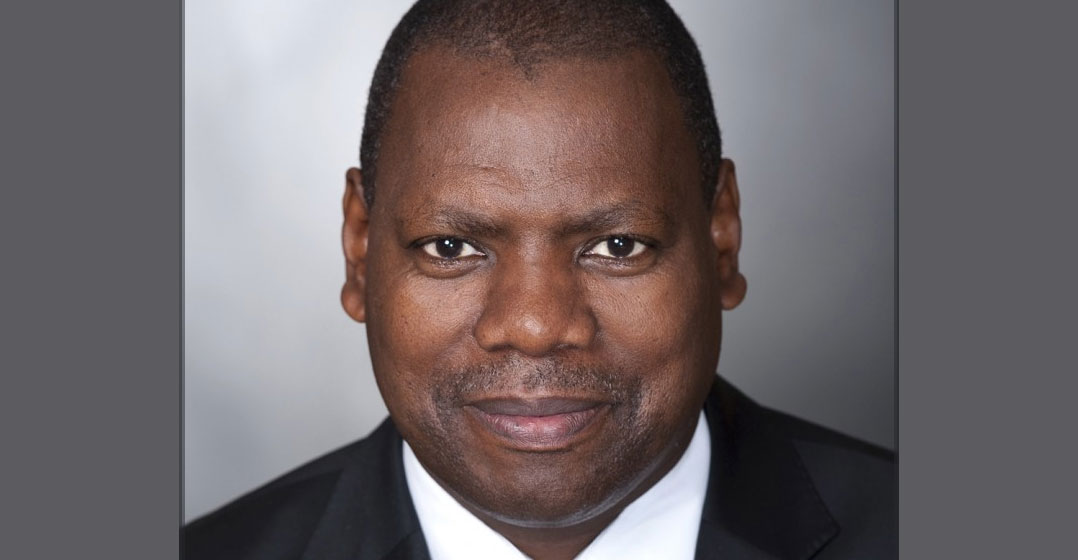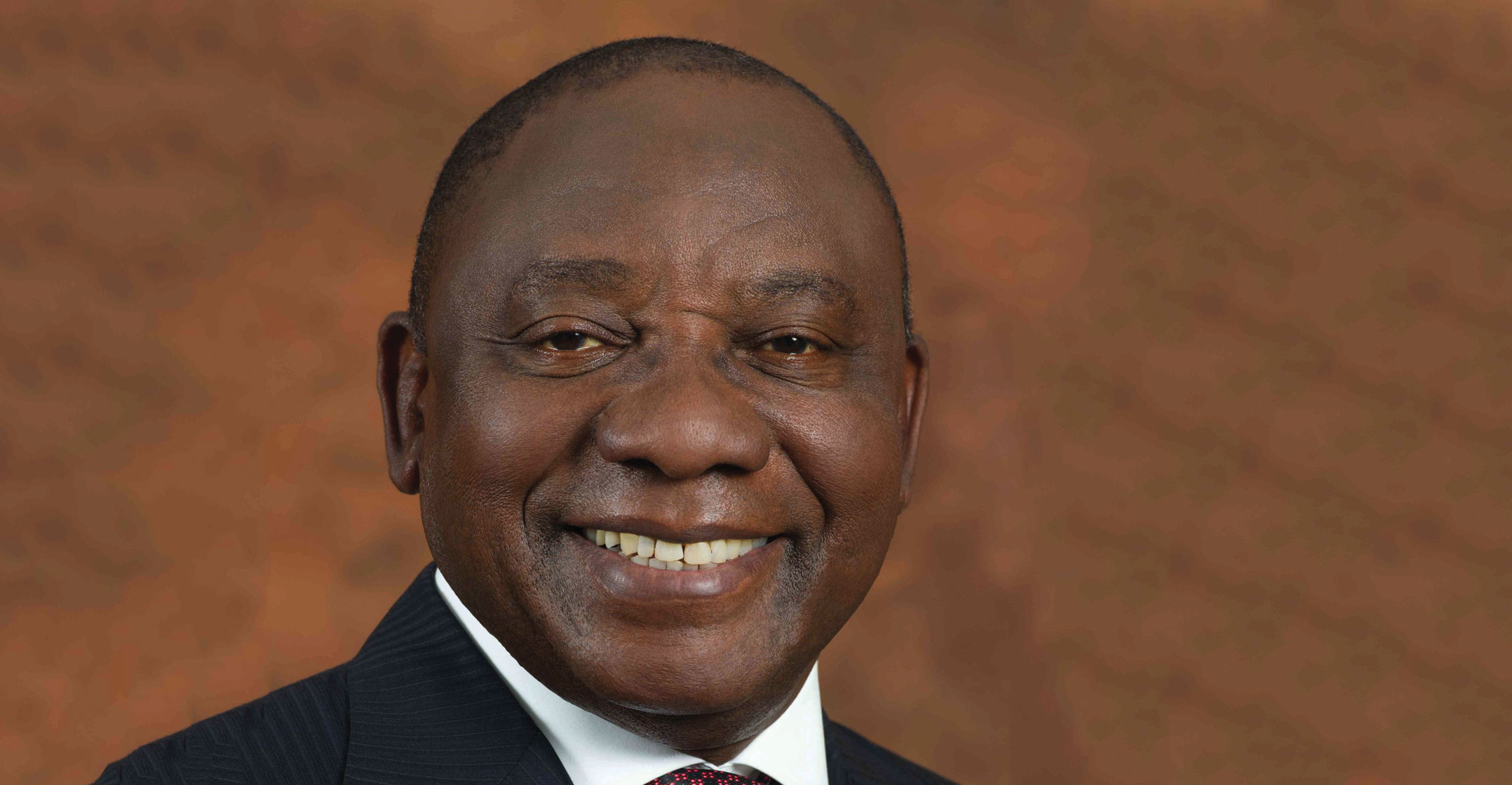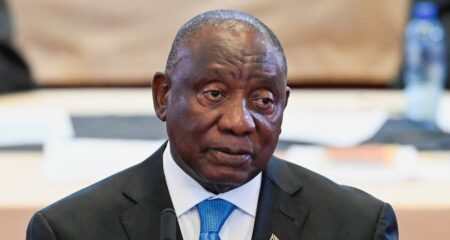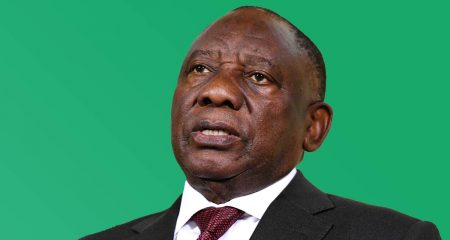
As the battle to succeed President Jacob Zuma as leader of the ANC grows increasingly fractious, party treasurer-general Zweli Mkhize is emerging as a possible compromise choice to keep the continent’s oldest political movement from tearing itself apart.
While the race for the top job is widely seen as a head-to-head contest between deputy President Cyril Ramaphosa and Nkosazana Dlamini-Zuma, the president’s ex-wife and former chairwoman of the African Union Commission, Mkhize, a 61-year-old medical doctor, has two advantages: he’s stayed above the infighting and has strong support in his home region of KwaZulu-Natal, which has the most ANC members of the nation’s nine provinces.
“He has not been caught up in factions,” Ongama Mtimka, a political science lecturer at the Nelson Mandela Metropolitan University, said by phone. “He may be seen across the country as a legitimate politician who could actually unify the party.”
The task of uniting the ANC after the damage to the party’s image caused by Zuma’s scandal-ridden presidency is daunting. A bitter split in KwaZulu-Natal has effectively left the province without a party leadership, and allies such as trade union federation Cosatu and the Communist Party are openly calling for the president to go. In a municipal vote last August, the ANC suffered its worst electoral performance since the end of apartheid in 1994.
Like Mtimka, Susan Booysen, a political science professor at the University of the Witwatersrand’s School of Governance, sees Mkhize as a long shot to win control of the ANC.
“Neither of the two leading candidates, Cyril Ramaphosa and Nkosazana Dlamini-Zuma, are playing for a second place,” Booysen said in an e-mailed response to questions. “While Mkhize commands much respect in the ANC, his ‘compromise’ candidacy comes at a wrong time. A compromise implies unity and in the ANC there is currently little space for unity.”
Other contenders to replace Zuma when he steps down as ANC leader in December and as president in 2019 include human settlements minister Lindiwe Sisulu, parliamentary speaker Baleka Mbete and Jeff Radebe, a minister in the presidency.
Exile
Mkhize spent five years in exile in Swaziland and Zimbabwe during apartheid rule. He returned home in 1991 and rose through the ranks of the ANC in KwaZulu-Natal, being appointed as the region’s premier in 2009. He relinquished that post in 2013, the year after his appointment as the ANC’s treasurer-general.
While Mkhize has been a long-standing ally of Zuma, he openly criticised the president’s 31 March decision to make 20 changes to his cabinet, including firing Pravin Gordhan as finance minister, without consulting his fellow ANC leaders. Since then he has repeatedly spoken out against “state capture”, the local term for the undue influence private interests allegedly wield over the government and warned that factional fights risk destroying the ANC.

Mkhize didn’t answer his mobile phone or respond to a text message requesting an interview.
Zuma has indicated that he favours Dlamini-Zuma, the mother of four of his at least 20 children, to succeed him. She’s also won endorsements from the ANC’s women’s and youth leagues and military veterans, while Ramaphosa has the backing of the ANC’s labour union and communist allies.
David Mabuza, the ANC’s chairman in Mpumalanga province, has been leading calls for a consensus candidate, and Business Day reported on 13 September that he favours Mkhize. Several other provincial leaders have also called for the party to agree on a leadership slate and avoid a divisive vote.
Peter Attard Montalto, chief emerging markets economist at Nomura International in London, said that while he expects Dlamini-Zuma to be the ANC’s next leader, Mkhize can’t be written off as a contender and he may be the best candidate to drive reforms needed to set South Africa’s economy on a higher growth path.
He’s the only person “who has the breadth of cross-party support to stand a decent chance of rising up through the existing two-slate factional battles”, Montalto said. “Momentum around him has now increased significantly and is likely to continue doing so.” — Reported by Mike Cohen, (c) 2017 Bloomberg LP




